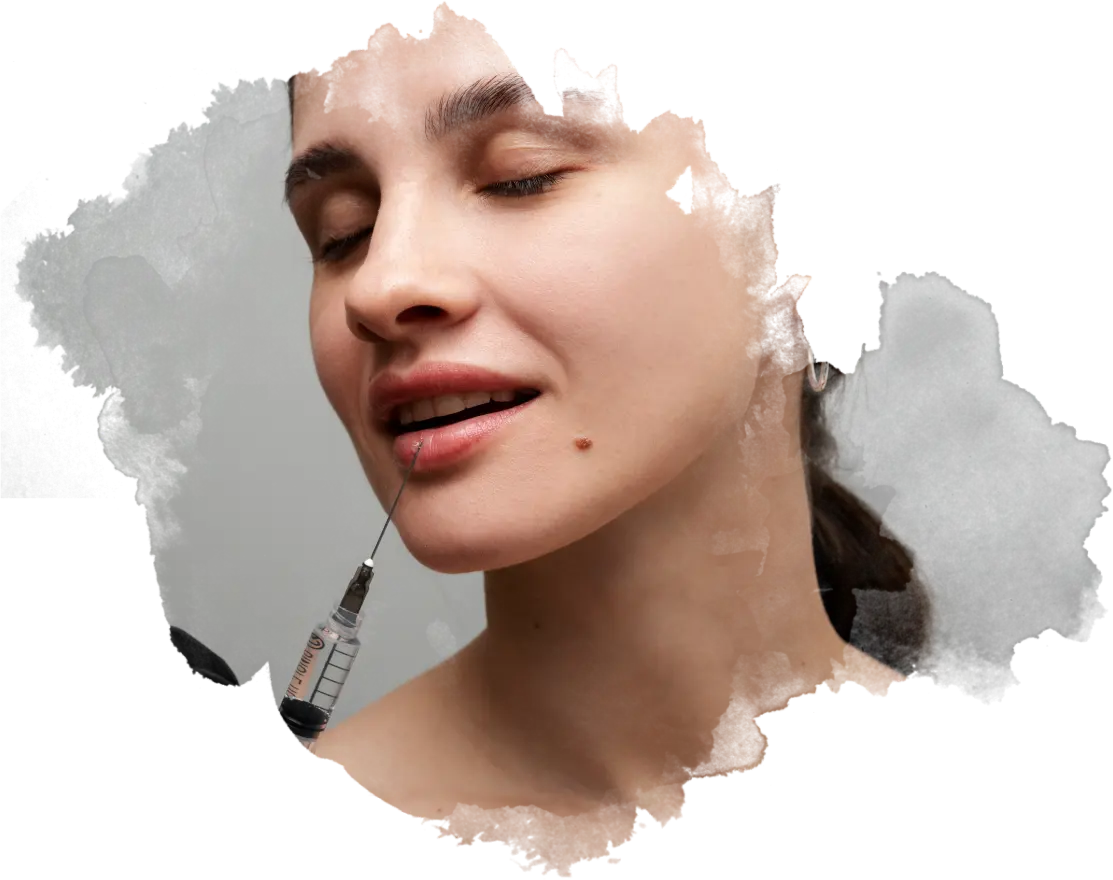Dermatology
in St. George

Introduction to Dermatology
Dermatology, a vital field of medicine, focuses on the health and appearance of your skin, hair, and nails, offering a range of treatments that address both medical and cosmetic concerns.
From managing chronic conditions like acne and eczema to providing advanced solutions for skin cancer and aging, dermatology combines scientific expertise with personalized care to enhance your overall well-being and confidence.
At its core, dermatology offers a holistic approach to skincare, encompassing preventative measures, early diagnosis, and cutting-edge treatments.
Whether you’re seeking to resolve a persistent skin issue, improve your skin’s texture and tone, or simply maintain a healthy, youthful glow, dermatology provides the tools and knowledge to help you achieve your skin health goals.
Embrace the transformative power of dermatological care and discover the path to healthy, radiant skin.
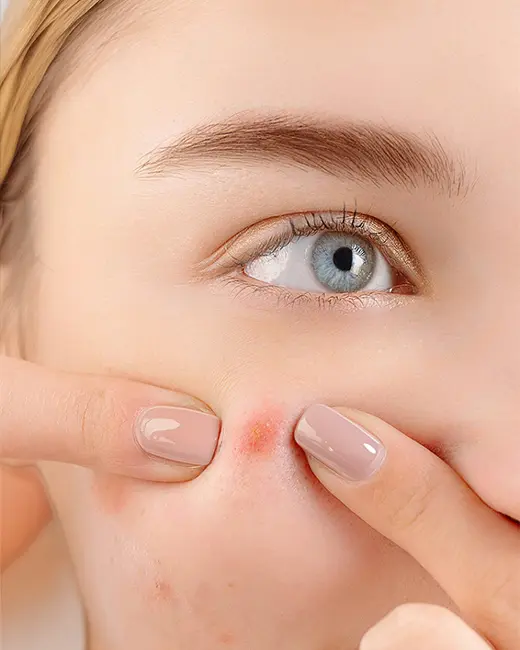


DermatologyServices
Accutane
Accutane is a strong prescription medication used to treat severe, stubborn acne that hasn't responded to other treatments.
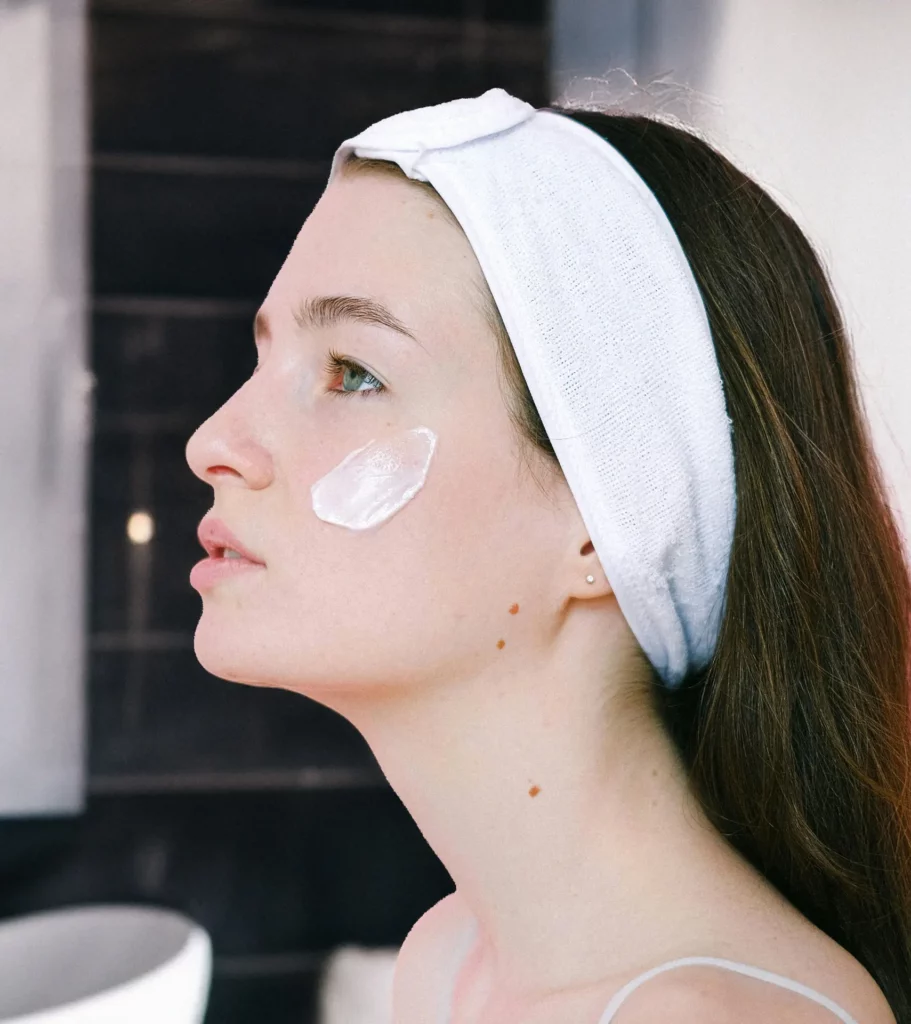
Acne Photofacials
Photofacials use light therapy to target and reduce acne. By delivering specific wavelengths of light to the skin, they help diminish acne-causing bacteria, reduce inflammation, and improve overall skin texture, offering a non-invasive solution for clearer, healthier skin.
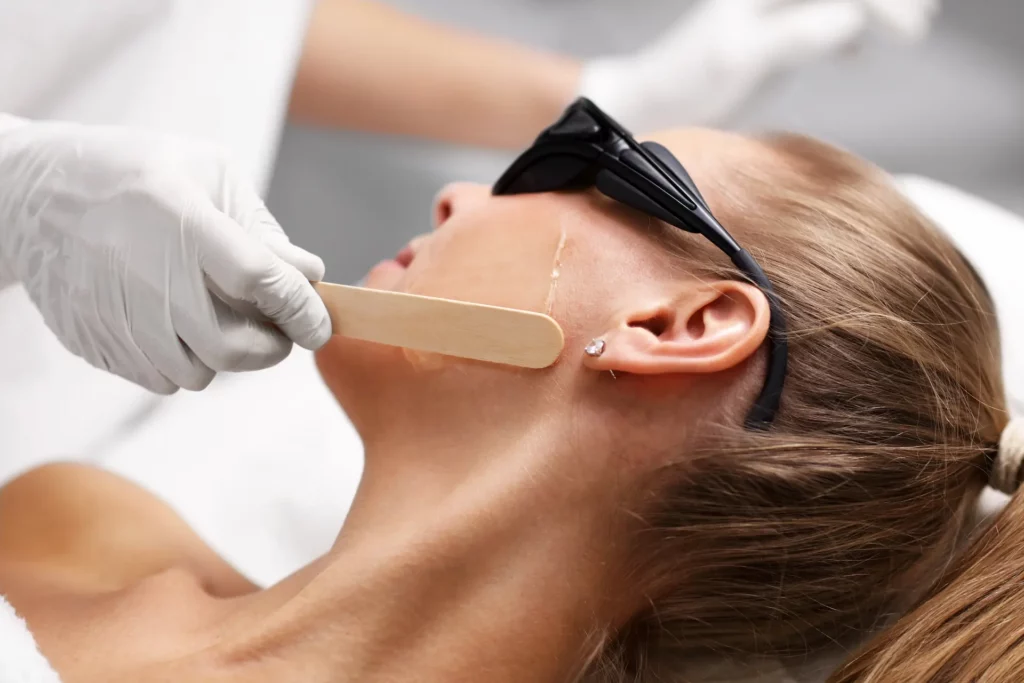
Acne Scar Treatments
Acne scar treatment options include lasers, microneedling, chemical peels, and fillers to improve skin texture and reduce discoloration.
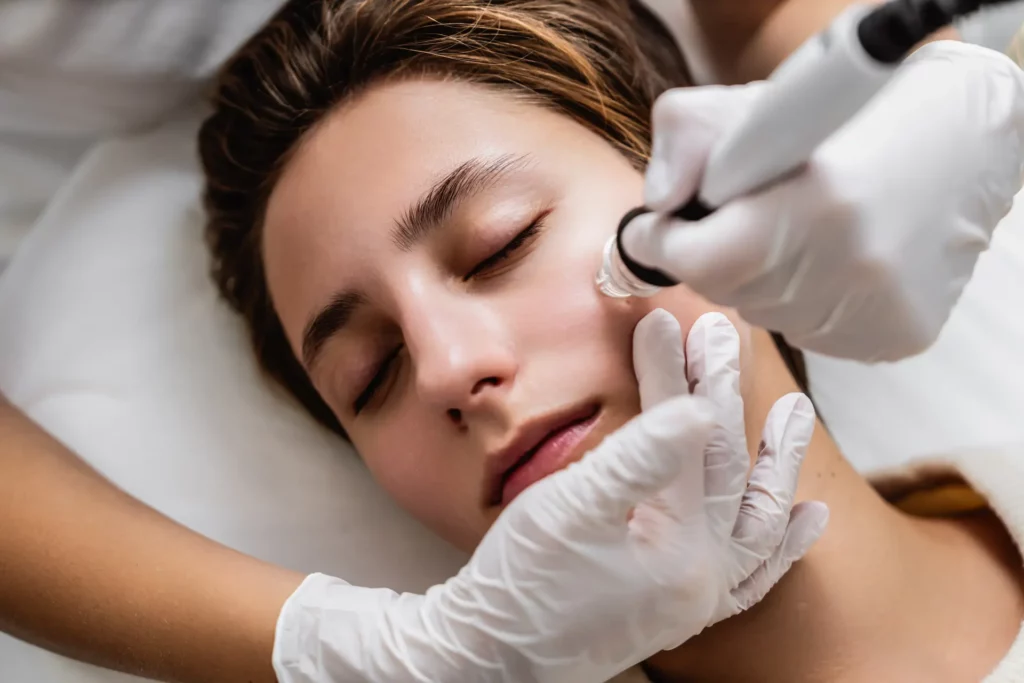
Eczema Treatment
Eczema, or atopic dermatitis, is a common condition requiring treatment to manage symptoms like itching, redness, and inflammation.

Psoriasis Management
Psoriasis management involves treating this chronic autoimmune condition that causes rapid skin cell turnover, leading to thick, red, scaly patches on the skin.
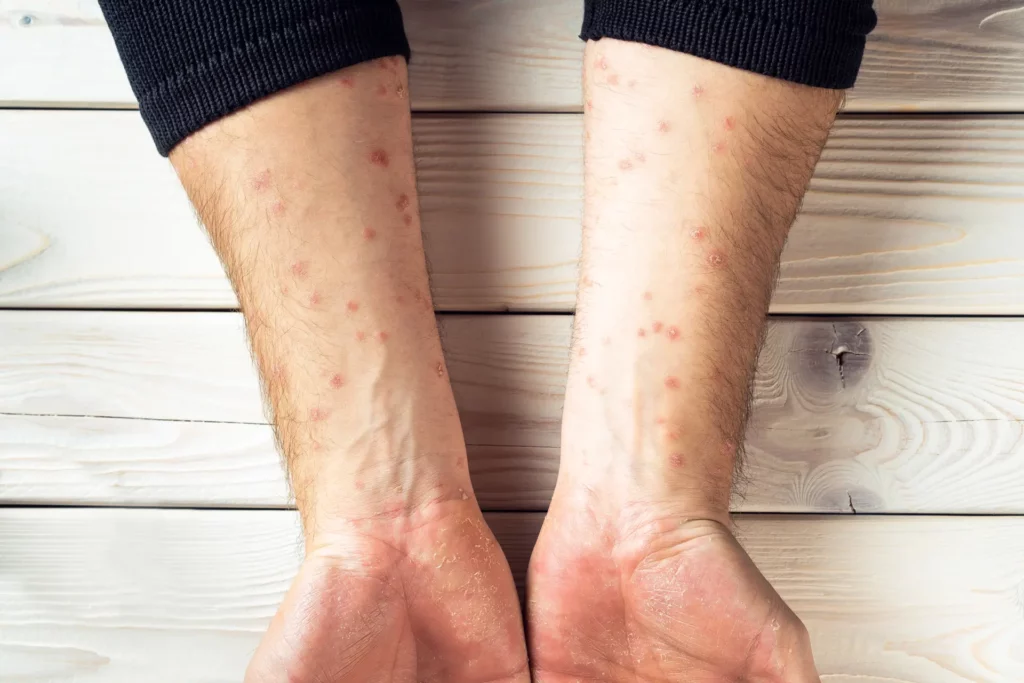
Rx Skin Care
Rx, or prescription, skincare refers to specialized products prescribed by healthcare providers to treat specific skin concerns with potent formulas not available over the counter.
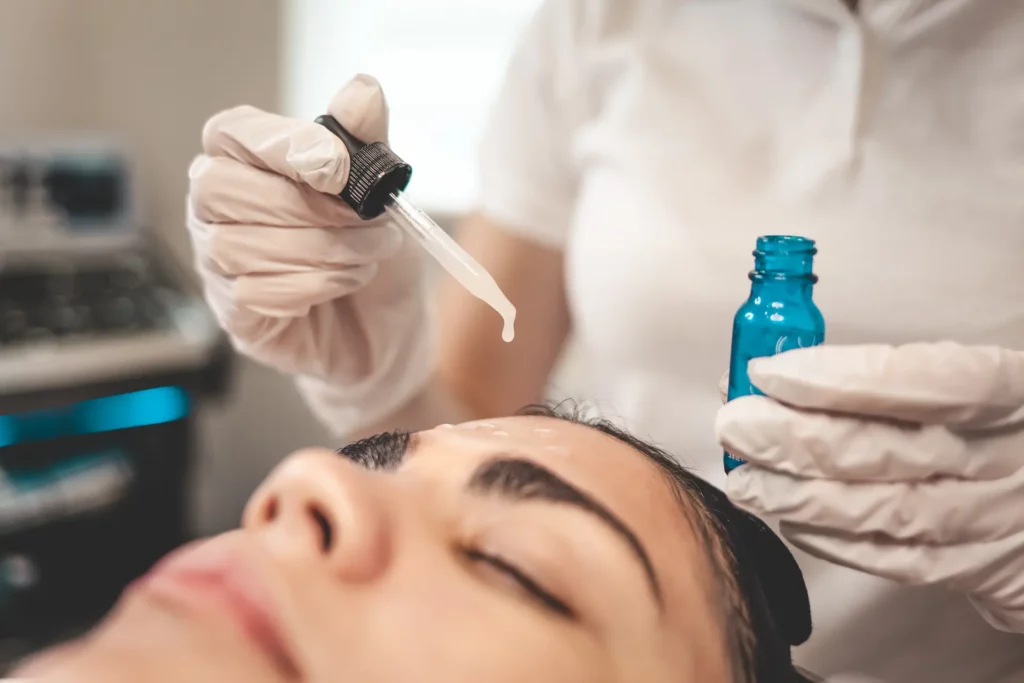
Skin Cancer Screening
Skin cancer screenings are vital for early detection of skin cancers, including melanoma, basal cell carcinoma, and squamous cell carcinoma.
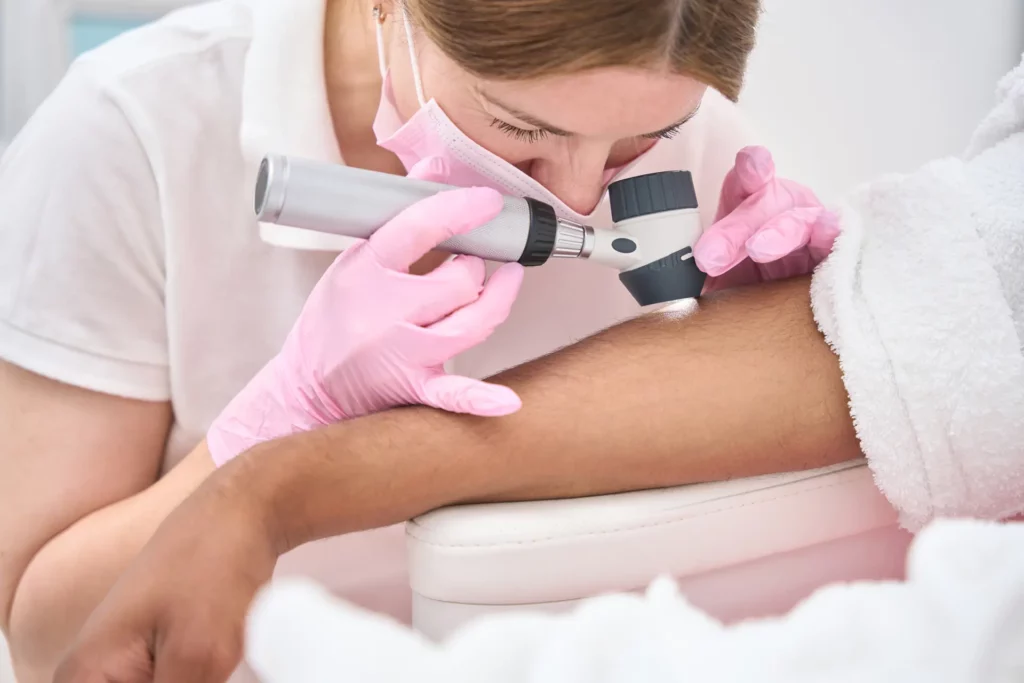
Unlocking the Secrets to Radiant Skin: Exploring the World of Dermatology
Imagine a world where your skin reflects your inner vitality and confidence, free from the blemishes and conditions that hinder your natural glow. This dream becomes a reality through dermatology, a medical field dedicated to diagnosing, treating, and enhancing the health of your skin, hair, and nails. Dermatology isn’t just about treating ailments; it’s about embracing a comprehensive approach to skincare that caters to both medical and aesthetic needs, offering solutions that rejuvenate and revitalize.
Diverse Dermatology Options: From Medical Treatments to Aesthetic Enhancements
Dermatology encompasses a broad spectrum of treatments designed to address various skin concerns. For medical issues, dermatologists tackle conditions such as acne, eczema, psoriasis, and skin cancer. These treatments range from topical medications and oral prescriptions to advanced therapies like phototherapy and Mohs surgery, a precise technique for skin cancer removal. With advancements in medical science, dermatologists now have an arsenal of tools to effectively manage and treat skin conditions, providing patients with tailored solutions that improve their quality of life.
On the aesthetic front, dermatology offers numerous procedures to enhance skin appearance and combat the signs of aging. Treatments such as chemical peels, microdermabrasion, and laser therapy rejuvenate the skin by addressing issues like hyperpigmentation, fine lines, and uneven texture.
Injectables, including Botox and dermal fillers, provide non-surgical options to smooth wrinkles and restore facial volume, offering immediate and noticeable improvements. Dermatologists also perform body contouring and hair restoration procedures, broadening the scope of aesthetic possibilities and allowing individuals to achieve their desired look.
Benefits of Dermatological Care: Holistic Health and Confidence Boost
The benefits of dermatological care extend beyond the surface, impacting overall well-being and self-esteem.
For individuals dealing with chronic skin conditions, dermatology provides relief and management strategies that enhance daily comfort and confidence.
Early detection and treatment of skin cancers by dermatologists can be life-saving, underscoring the critical role of regular skin checks and professional care.
Aesthetic dermatology, meanwhile, empowers people to take control of their appearance, offering treatments that reflect their inner vitality and boost self-confidence.
Whether addressing medical concerns or pursuing aesthetic improvements, dermatology stands at the intersection of science and beauty, providing comprehensive care that fosters healthy, radiant skin.
By embracing the expertise of dermatologists, individuals can unlock the secrets to their skin’s potential, achieving a look that mirrors their best self.



Frequently asked questions
What are the most effective anti-aging treatments?
Anti-aging treatments include a range of options such as topical retinoids, antioxidants, and peptides to boost collagen production and reduce fine lines. In-office procedures like chemical peels, microneedling, and laser treatments help rejuvenate the skin. Injectables like Botox can relax wrinkles, and dermal fillers can restore lost volume. Consistent use of sunscreen and a good skincare regimen also play vital roles in maintaining youthful skin (Columbia Skin Clinic) (Buckhead Dermatology).
Why is my skin so dry and what can I do about it?
Dry skin can result from cold weather, hot showers, harsh soaps, and dehydration. To combat it, use gentle, hydrating cleansers and thick moisturizers that contain ingredients like hyaluronic acid, glycerin, or ceramides. Avoid long, hot showers, and consider using a humidifier in dry environments. If dryness persists, consult a dermatologist as it might be indicative of a more serious condition like eczema or psoriasis.
What are the best ways to treat eczema?
Eczema, or atopic dermatitis, causes itchy and inflamed skin. Management includes moisturizing regularly, avoiding triggers, and using topical corticosteroids or calcineurin inhibitors. Severe cases might require systemic treatments like oral corticosteroids or biologics. It’s also helpful to take short, lukewarm showers and use mild, fragrance-free skincare products to prevent flare-ups.
How can I prevent and treat skin cancer?
Preventing skin cancer involves protecting your skin from harmful UV rays by wearing sunscreen with a high SPF, seeking shade, and wearing protective clothing. Regular skin exams are crucial for early detection. If diagnosed, treatment options include surgical excision, Mohs surgery for precise removal, radiation therapy, and topical medications. Early intervention often leads to the best outcomes.
What causes acne and how can it be treated?
Acne is primarily caused by the overproduction of oil (sebum) in the skin, clogged pores, bacteria, and inflammation. Hormonal changes, diet, stress, and genetics also play significant roles. Treatments vary from topical medications like benzoyl peroxide and retinoids to oral antibiotics and hormone therapy. For severe cases, isotretinoin (Accutane) may be prescribed. In-office procedures such as chemical peels and laser therapy can also be effective.
